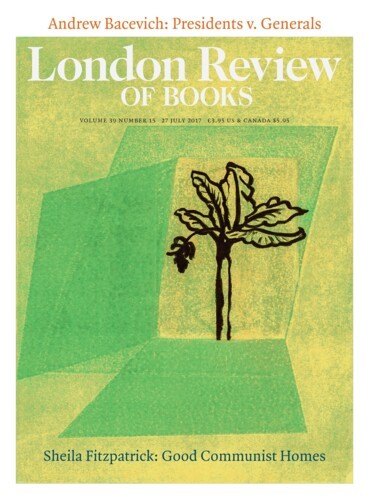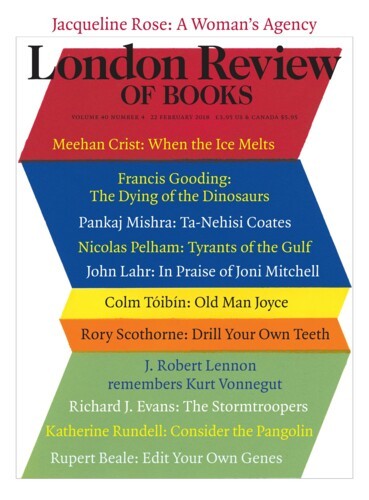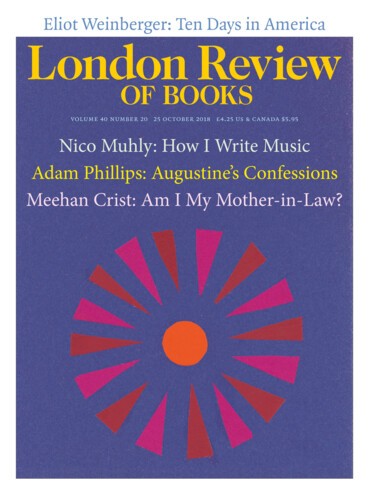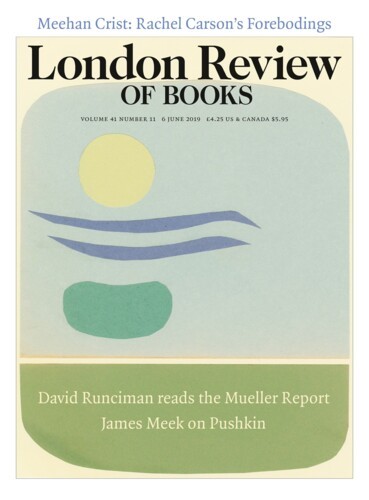Who Knows? The Voynich Manuscript
Meehan Crist, 27 July 2017
The Voynich Manuscript looks unremarkable: a yellowing bundle of cheap vellum pages bound between two wooden boards. The cover is blank. Once called ‘the most mysterious manuscript in the world’ by the medievalist and philologist John Manly, its 240 pages contain illustrations of plants no one can identify, what look to be circular celestial maps (though they don’t...




